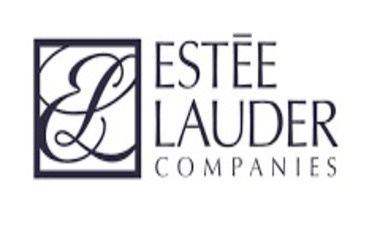
Greg Polcer, EVP at Estée Lauder Companies (ELC), said “Blockchain technology adds an extra layer of transparency to our sourcing practices, verifying our vanilla supply chain’s compliance with the highest ethical and environmental standards, and strengthening trust with our suppliers, consumers and investors.”
The company aims to use vanilla tracked by blockchain for 125 of its Aveda products by the spring of next year. Currently, it has finished a trial involving 450 farmers in Madagascar. The farmers used to routinely sell their vanilla beans to the domestic cooperative.
A QR supporting mobile app is utilized for the tracking process, which begin at the origin of harvest that is documented on the Wholechain blockchain.
The trial process was carried out without much of a trouble as the farmers had commercialized their produce with a distinct stamp called Fitomboka, which was historically utilized for documenting.
A digital card was created using Fitomboka, paving way for the domestic cooperative to read info using a QR code reader. The info was then monitored through domestic supplier Biovanilla via ELC’s supplier LMR Naturals and the relevant data was shared with Aveda products.
ELC selects vanilla as a beginning point as it is produced in small acreage that demands aggressive farming processes and faces climate issues and price volatility. ELC’s worldwide renewable business associate BSR was also a participant in the venture.
In the meantime, Wholechain, a blockchain solution developed by Envisible, aims at traceability in the food industry. The tech firm uses Mastercard’s proprietary blockchain and also has collaboration with the card company.
While ELC is one of the foremost companies to study blockchain in beauty sector, it is not the first one. For illustration, Cult Beauty has adopted Provenance blockchain.